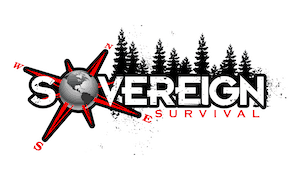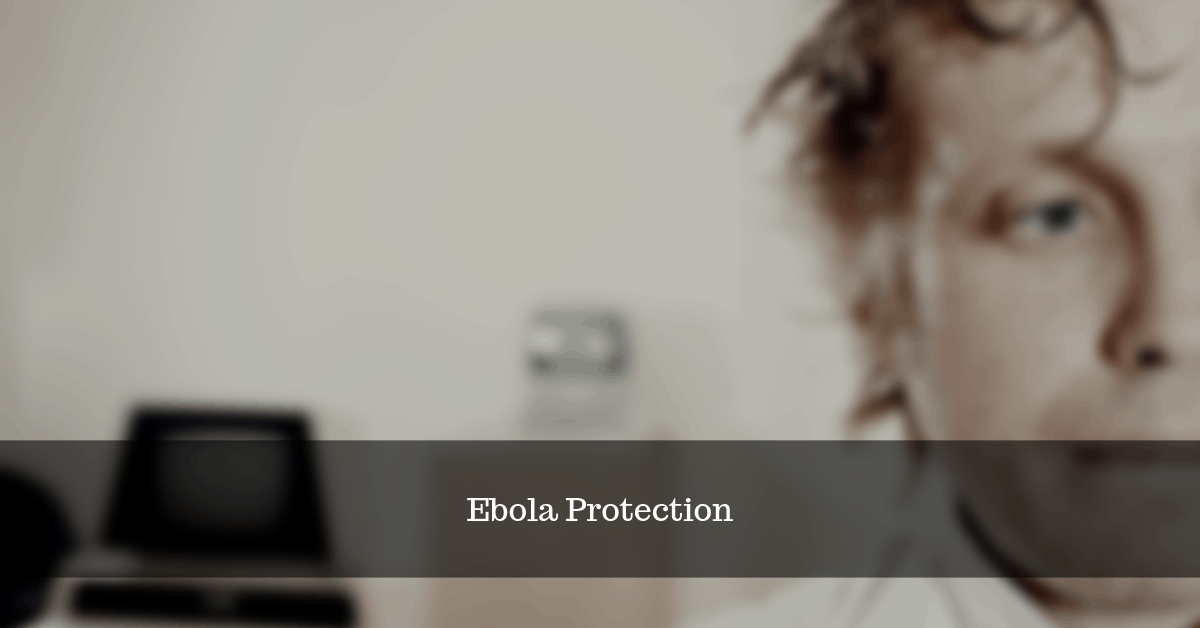Just FYI we are not medical professionals, nor do we play them on the internet. Please consult your doctor before doing any of this.
Basic first-aid is always a plus to know. But there are some things that you should know that extend beyond the ordinary in a SHTF situation.
For most medical tips and tricks, one could contact the local Red Cross (opens in new tab) for information. They will also provide a reliable and reputable internet source.
When checking the internet for medical training tips, always look at the domain name. Sites that end in ‘.org’ and not ‘.com’ and from known healthcare sources. You’ll notice that our site, TipsForSurvivalists.com is a ‘.com’, which is why we’ll link out to other resources.
As you know, anyone can write an article online. So you need to be aware of who you are learning from.
Closing a Wound
Did you know that hospitals will sometimes opt to glue a wound shut rather than staple or stitch it? In fact, hospitals are using glues more often these days. Depending on the wound, there are several options that can come in handy when trying to close an open wound.
Your healthcare provider is a good place to find information on how and when to use sutures, staples or glue.
While your provider may not want to teach you how to do it, they may be able to give you some basic knowledge. Aside from that, it is always helpful to call an expert survivalist teacher or first aid teacher. This may cost a little bit of money, but it can save lives in SHTF scenarios or everyday scenarios.
Learn How To Administer CPR
Knowing CPR is essential for survivalists and preppers. Do not overlook this. If you can administer CPR, you improve the chances of saving someone. Common knowledge, right?
Hand placement is important, and knowing when to administer is important.
Most high schools, fire stations and police stations offer classes or training to learn how to do CPR. When in doubt, stop in and talk to someone in any type of city uniform. Most city officials have some information and can direct you to local classes and costs.
Frostbite Detection and Treatment
Frostbite is dangerous. If you are exposed to cold temperatures for any length of time, you are more likely to get frostbite.
Some symptoms of frostbite are “being cold”. So it’s important to learn the difference. Numbness, tingling and color change can be giveaways on whether frostbite has occurred.
If you believe that you have frostbite, or that someone around you has it, you need to act fast. You need to find ways to warm the area.
Here’s a video about How To Treat Frostbite
Other resources for treating frostbite: (all open in a new tab)
- Frostbite – Diagnosis and treatment – Mayo Clinic
- Frostbite: How to Spot It, Treat It and Prevent It – WebMD
How to Care for Burns
3rd-degree burns will need more care than basic burns, but you still need to learn the basics.
To avoid infections, you need to know how to wrap the area, what ointments to use and when to use them.
The best place to get this kind of information is your local hospital. Your hospital will have classes to teach you how to treat an affected area. Fire departments, police stations, colleges, and public schools may offer these classes too.
The most important thing to remember is that there is no such thing as knowing too much first aid. Anything that you can possibly learn even the basics for could save your life or your loved one’s life. If you have spare time, put the remote control down and read a basic medical or first aid book.
If you are unsure about something, ask your local EMT, policeman, fireman or Red Cross rep. You never know when this information could save a life so it’s important to learn.
Recommended Resources for Burn Treatment: (opens in new tab)






